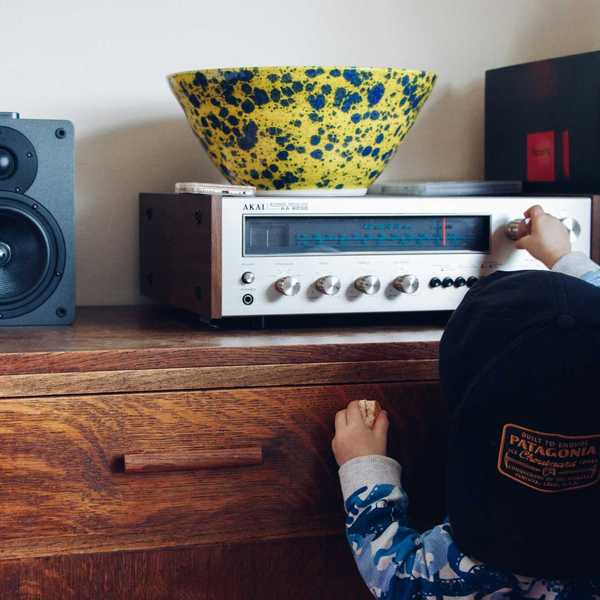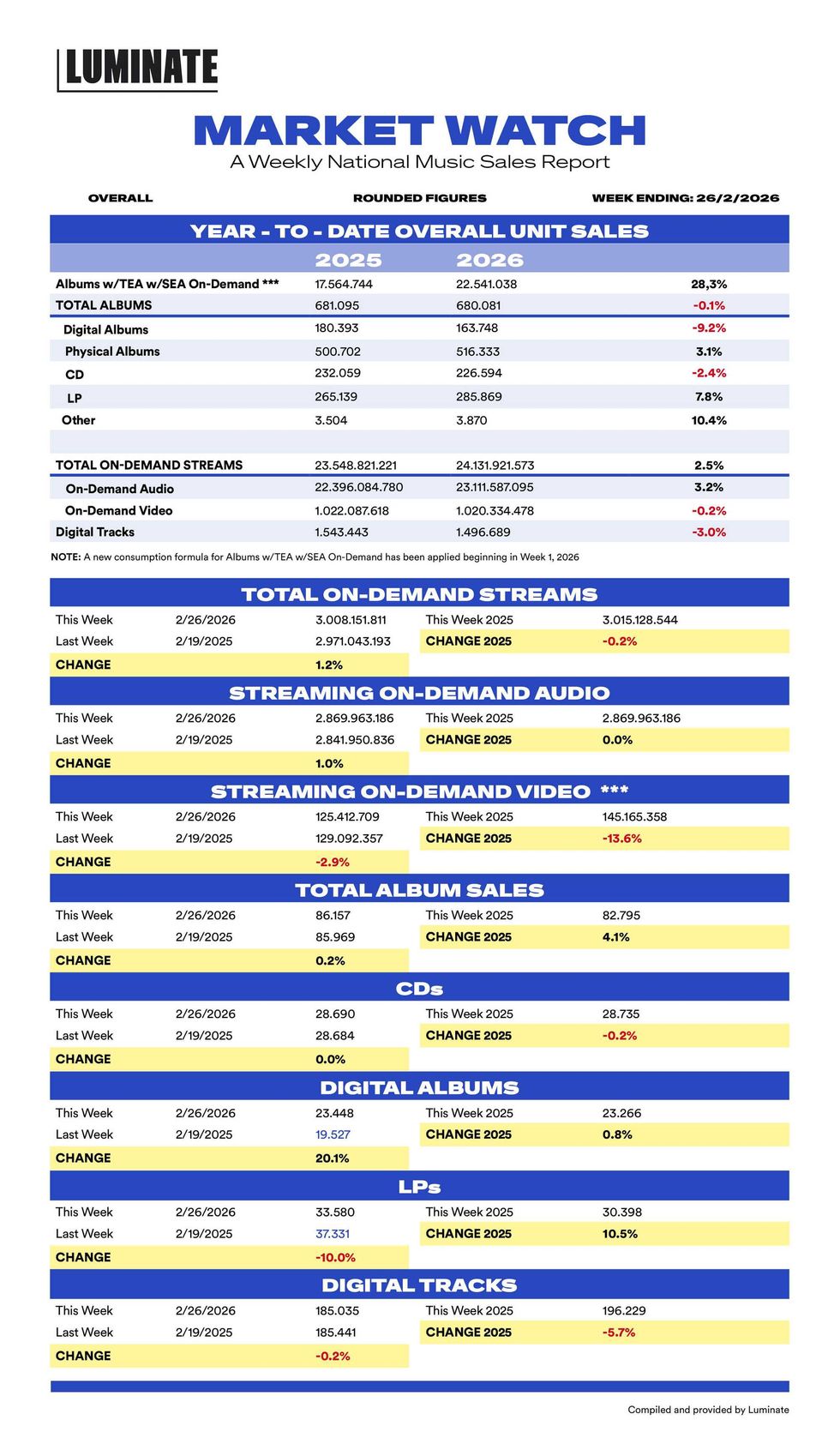
By David Farrell
CBC Reporter Arrested After Harassment Compliant
Journalists are standing behind an Ottawa reporter arrested after a criminal harassment complaint from the subject of a story he had been writing.
A Radio-Canada investigation, with a team including reporter Antoine Trépanier, revealed that the executive director of the Big Brothers Big Sisters chapter in Gatineau, Que., falsely portrayed herself as a lawyer and practiced law without a licence.
Yvonne Dubé told Radio-Canada she knew nothing about the case and insisted she never represented anyone as a lawyer. – CBC News
CRTC announcements
Decisions relating to the following applications considered under the Commission’s Part 1 process:
Canadian Broadcasting Corporation
CBTK-FM Kelowna and CBUJ-FM Winlaw – Technical changes
Public record for this application: 2017-1170-6advertisementCanadian Broadcasting Corporation
CBON-FM Sudbury and its transmitter CBON-FM-22 Geraldton – Technical changes
Public record for this application: 2017-1076-5THEMA Canada
Addition of various non-Canadian programming services to the List of non-Canadian programming services and stations authorized for distribution
Public record for these applications: 2017-1197-9 and 2017-1198-7
Telecom Decisions:
Revocation of basic international telecommunications services licences
Reconsideration of Telecom Decision 2017-56 regarding final terms and conditions for wholesale mobile wireless roaming service
Public record: 1011-NOC2017-0259
Radio isn’t dead; it’s just moving online
Despite the fact that the only talk about radio these days is about its poor financial health, radio listening is anything but dead. It's just shifting to the internet.
The Infinite Dial shows that AM/FM continues to be by far the most popular source of audio in the car, holding steady at 82%. And the online radio service Pandora is still the most popular "audio brand" by a margin, holding steady at 31% monthly use even while the company struggles and is known to be seeking a buyer.
The study also shows signs that radio is gradually slipping outside of the car. Smart speakers are starting to displace radios in the home. The average number of radios per household has dropped from 2.6 to 1.9, though that's over the past ten years; the average among younger people (18-34) has dropped to 1.0.
But that's more about devices than content. People are now using smart speakers -- as well as smartphones, tablets, and many other types of devices -- to listen to good old AM/FM radio – Bill Rosenblatt, Forbes
Study: On the Rise: Steady growth for podcasts, rapid growth for smart speakers
The two most talked-about sectors in audio today – podcasting and Smart Speakers – post significant gains in this year’s Infinite Dial study from Edison Research and Triton Digital.
Podcasting continues to grow steadily, as 44% of Americans 12+ now say they have ever listened to a podcast, up from 40% from last year. Podcasting’s in-car gains continue as well: a year ago, 18% of podcast listeners described the car as the place they most often listened to podcasts; this year, that number is 22%.
The 2018 Infinite Dial study, the latest report in a series dating back to 1998 that covers consumer usage of media and technology, has tracked many new platforms as they develop and redefine the media landscape. This year’s report spotlights the growth of Smart Speakers, voice-controlled devices such as the Amazon Echo and Google Home. Today, 18% of Americans 12+ (an estimated 51 million people), live in households that have at least one Smart Speaker. This means that Smart Speaker ownership has more than doubled from 7% just one year ago, which shows Smart Speaker adoption at a faster rate than the early days of the smartphone, which showed only 4% growth in a comparable timeframe.
Among the many other highlights:
Monthly Online Radio audience is now 180 million Americans, or 64% of Americans 12+, due to growth in Spotify, Apple Music and Alexa-driven Amazon Music listening
advertisementDespite the rise of other services, Pandora continues to lead in the online radio space—31% of Americans have listened in the past month
The portion of Americans 12+ using Facebook has declined from 67% to 62%
As Smart Speaker ownership rises (18% of Americans own a Smart Speaker), there is a continued decline in standalone radio ownership (29% do not own an AM/FM radio in the home)
44% of Americans 12+ have ever listened to an audiobook
Nielsen: The good, the bad, and the truth
Talking about Nielsen in radio circles is a lot like talking about Donald Trump – with anyone. There’s no shortage of opinions, but emotions almost always run very high.
There’s a lot on the line, and Nielsen ratings are still the currency of the radio broadcasting industry. Whether you’re measured by diaries or meters, the ratings are often the centre of both tactical and strategic conversations – how to move them, how to read them, what they mean, and what they say about a station’s programming or sales effort.
But besides the weekly/monthly/quarterly ratings that often thrill, disgust, or rile their thousands of clients all over the U.S., Nielsen publishes a lot of valuable data that can be especially helpful once you’re done counting cume, occasions, or TSL. It’s just that many programmers don’t have the time to actually to read Nielsen’s missives or consider their implications.
Because unlike perceptual research companies or consultants, Nielsen shies away from interpreting, much less recommending, leaving the data up to interpretation. As it should be. And that leaves it up to the rest of us to make sense of their numbers and their trend lines. – Fred Jacobs, Jacobs Media
Cambridge Analytica: Watch this video and shudder
Political operatives can and are secretly using data mined by the ad industry to undermine acceptable standards of civil discourse.
If you're still not convinced that we have to stop these data creeps from continuing their relentless collection and selling of our personal private information, and if you're still not convinced that the advertising industry has gone from "a minor annoyance to a major menace," this video will do the trick.


















